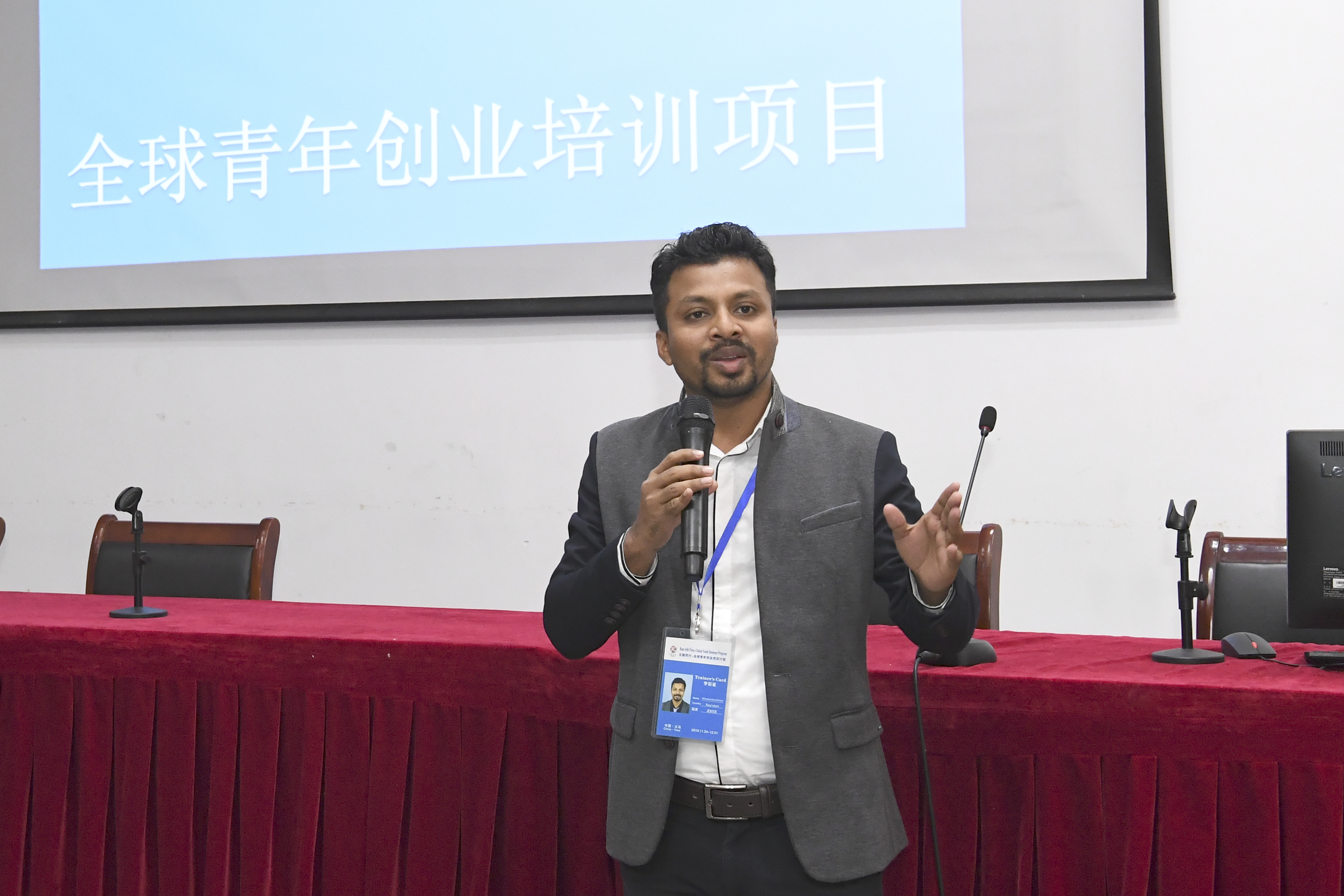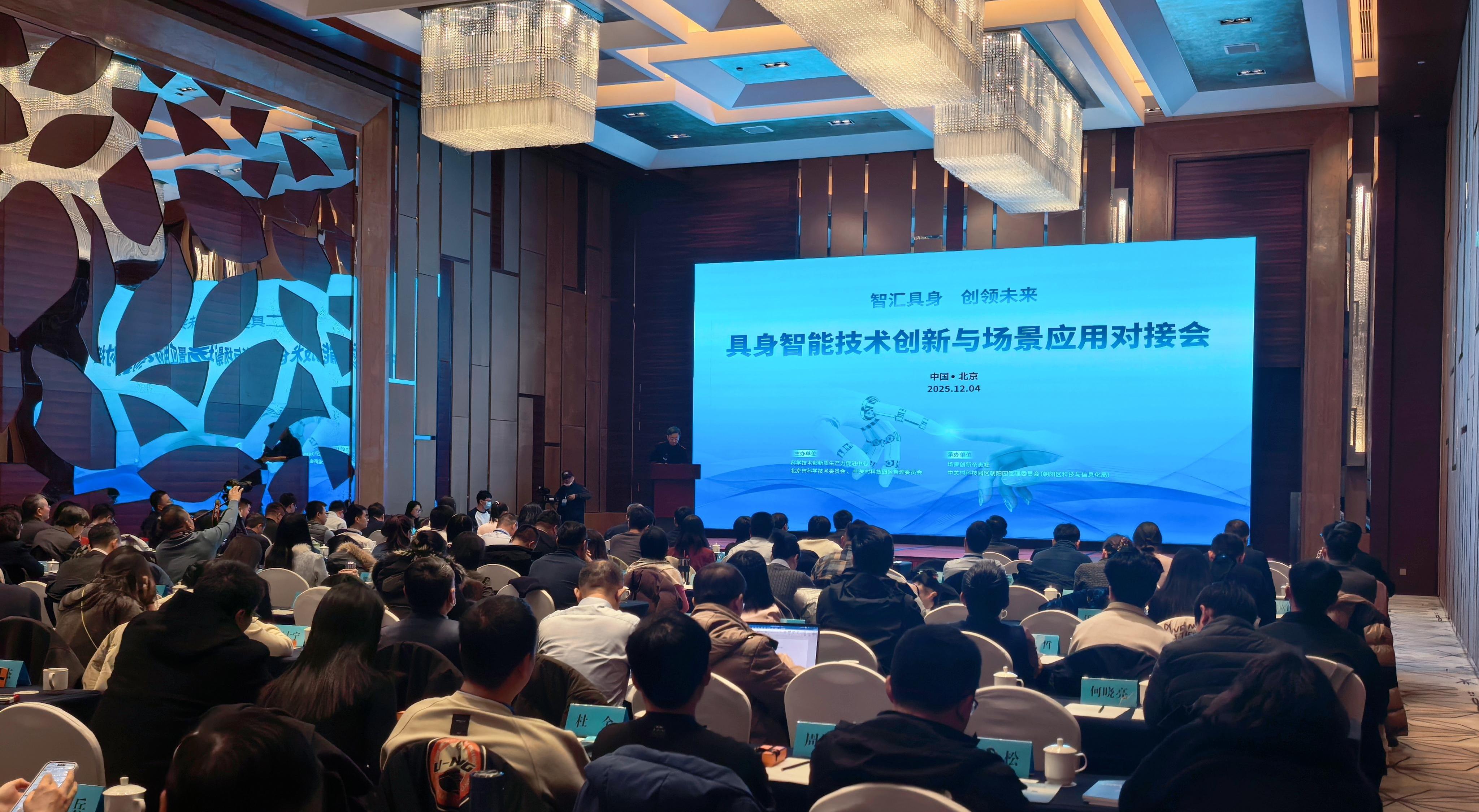Cashless Lifestyle with Mobile Payments
By Mohammad Saiyedul Islam

Mohammad Saiyedul Islam. (COURTESY PHOTO)
One of the most significant changes in China's remarkable transformation in recent years is the widespread adoption of mobile payment methods, which has revolutionized people's lives, work, and transactions across the country.
Since the spring of 2018, when I arrived in China as an international student with a mix of excitement and trepidation, I have visited more than 150 cities in 26 provinces. Little did I know that my encounter with mobile payments would not only redefine my daily life, but also shape the course of my five-year adventure in this vibrant country, which transformed my entire experience into a seamless and unforgettable journey.
During my stay in China, I experienced firsthand how this technology made things easier, with everything from shopping to dining and transportation. My initiation into the world of Chinese mobile payments happened almost as soon as I set foot in the country.
Rising with the sun, I eagerly begin another day in the vibrant city of Nanchang, Jiangxi province, where mobile payment has seamlessly woven into daily life's fabric.
Now, after over five years in China, and living in Nanchang, mobile payments mean I never carry a wallet with me. Everything is streamlined and efficient from buying groceries at the local market to paying utility bills. It feels like I had unlocked the secret to effortless living.
Dining out in China is an absolute pleasure. Whether I am savoring the flavors of Sichuan hotpot, indulging in Peking duck, or trying street food in Chengdu, mobile payments simplify the process. With a quick scan of a QR code, I could settle the bill, leave a tip, and receive a digital receipt without exchanging a single word with the waitstaff.
Mobile payment is also widely accepted in supermarkets and convenience stores across China. The shopping process is streamlined in that a scanned QR code displayed at the checkout counter streamlines the payment process, reduces queuing time, and eliminates the need for me to carry physical cash or cards.
I also ventured to more rural areas, where I thought mobile payments might not be as prevalent. Surprisingly, even in small villages, many vendors and shops accepted digital payments. This level of financial inclusivity was remarkable and truly showcased the reach of this technology.
Mobile payment apps have expanded beyond retail transactions to utility bill payments. Users can conveniently settle electricity, water, gas and internet bills on the app, eliminating the need to visit payment centers or banks. This simplifies the process and ensures bills are paid on time. Mobile payment apps have also made it easier for individuals to donate to charitable causes.
Transportation is also a breeze using WeChat Pay or Alipay, subways, buses, high-speed trains, taxis and flights can all be booked and paid for via a phone. Even shared bicycles or e-bikes use mobile payment apps and I can jump on a bike outside my apartment and pay for my trip when I get off at my destination via the ubiquitous QR code.
These examples and references highlight how mobile payments have permeated various aspects of daily life in China, bringing convenience, efficiency, and a cashless experience to countless transactions.
The writer is a doctoral candidate in the School of International Trade and Economics at Jiangxi University of Finance and Economics and a Bangladeshi journalist based in China.







